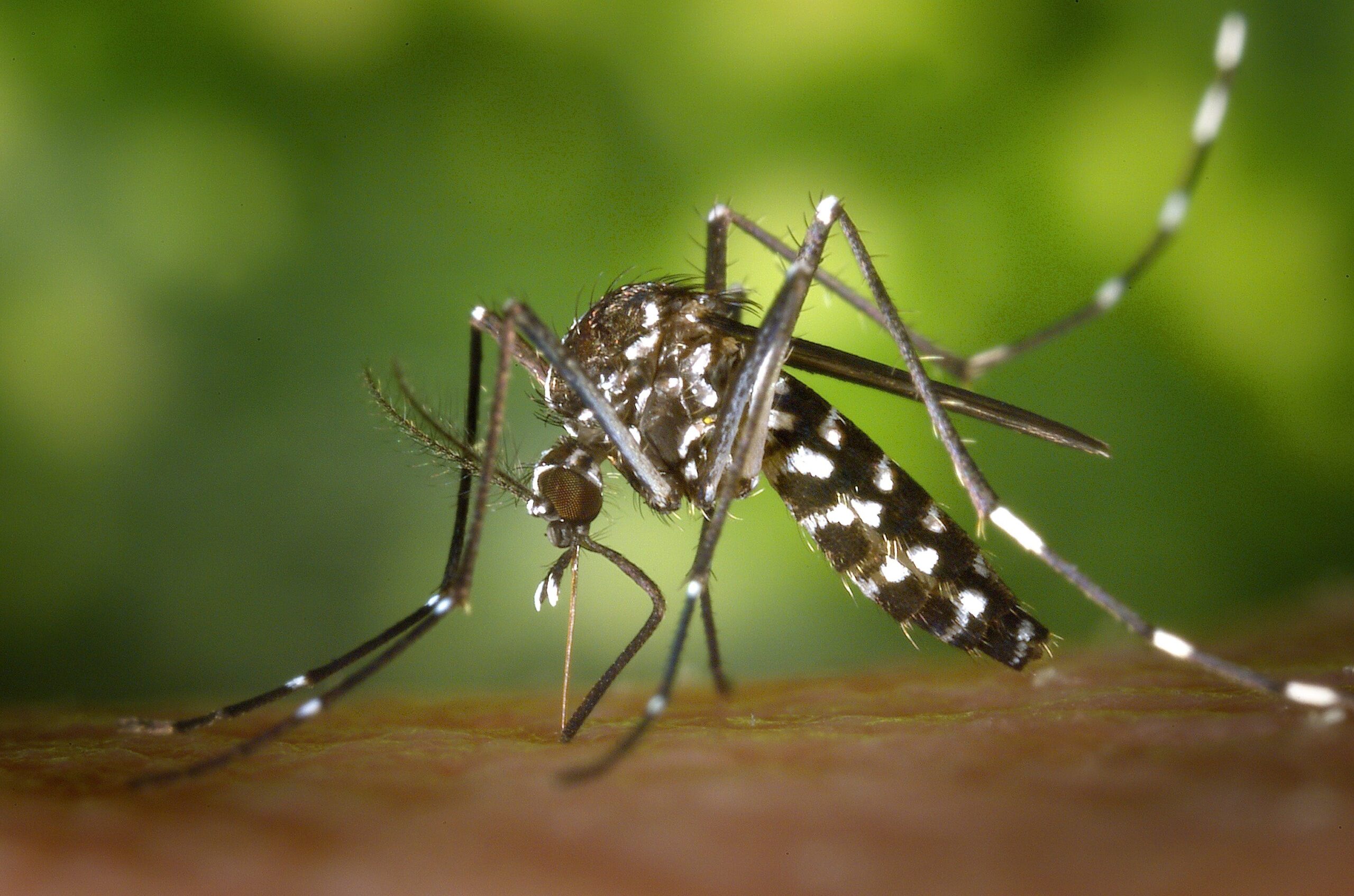Unleashed Fury: Climate Change’s Assault on Health and the Battle Against Malaria
- November 20, 2023
- Climate change / HIV / Malaria / TB
- By Armelle Nyobe
- Read in French

Climate Change represents a profound threat to achieving the Global Fund’s mission and to the vulnerable countries, communities and people at the center of its strategy. 71% of Global Fund resources support the 50 most climate-vulnerable countries and 87% of the global malaria burden and Global Fund allocations for malaria are in these climate-vulnerable countries. We recognize that climate change could jeopardize the gains achieved so far as it directly threatens public health progress and disproportionately impacts the most vulnerable populations. It not only poses the greatest threat to our mission to end malaria and to build resilient and sustainable systems for health, but will also significantly complicate the fight against HIV and TB and efforts to support the financing of Sustainable Development Goals (SDG) 3 targets.
The climate emergency is expected to cause significant warming by the 2030s, putting over 3.3 billion highly vulnerable people at risk, particularly in Africa, Asia, Latin America, and low-income households. Warmer temperatures and changing weather patterns increase the risk of malaria transmission jeopardizing efforts to end it.

The projections show that by 2030, some countries in East and Southern Africa will become new malaria endemic as increasingly non-endemic malaria regions such as highlands are now experiencing an increase in malaria incidence, with children under five years negatively impacted the most. More worrying is the funding gap, including drug resistance and the emergency of new malaria species adaptable to urban settings. Climate Change also disrupts TB and HIV/AIDS diagnosis, treatment, and prevention services. Additionally, it exacerbates health inequities and increases the risk of emerging infectious diseases.
Migration due to climate change could affect millions of people in these regions. Climate disasters disproportionately affect developing countries with high disease burdens, weak health systems, and fragile contexts. In 2022, Africa and Asia accounted for over 90% of people affected by climate disasters worldwide, with droughts and floods causing significant displacements. In the same year, 88.9 million people in Africa were affected and impacted by droughts, including DRC, Ethiopia, Nigeria, Sudan, Niger, and Burkina Faso, and cyclones that hit Mozambique, Madagascar, Malawi and some parts of Zimbabwe months ago are too serious to be ignored. Such climate-induced migrations can disrupt access to essential health services.
High-income and developing countries must weather the severe economic impacts of climate change. Revenue loss in the US alone is expected to reach $2 trillion annually by 2100. At the same time, global spending on climate adaptation, including for health, remains insufficient, while climate vulnerability increases the cost of debt in developing countries.
Reducing the carbon footprint
The Global Fund (GF) is committed to addressing the impact of climate change on health, supporting low-carbon, climate-resilient health systems, and investing in climate-vulnerable countries. It provides flexibility, tools, and emergency response support to address climate-related challenges. The GF aims to embed climate change considerations into its operations and supply chains.
The African constituencies fully appreciate and recognize Global Fund efforts in the area of climate change through agencies such as the UN Climate Change Conference, including efforts by the Global Fund to reduce carbon footprint through the recent procurement of 4 million carton-free packages of ARVs in Zambia (2018) and some malaria drugs and key essential medicines purchased in Africa (2021) to promote local manufacturing.
We would like to encourage the Global Fund to increase the purchase of commodities in Africa. Local manufacturing is a priority agenda for Africa, and partnering with the African continent could help bring commodities closer to the consumers and will also contribute towards reducing the carbon footprint associated with shipping across the globe. Reinforcing the supply chains and local production will help mitigate the carbon footprint, ultimately reducing the current levels in line with the efforts by the UN Climate Change Conference.
Way forward
Overall, the Global Fund recognizes the urgent need to address the intersection of climate change and health, and takes several actions to mitigate the impacts and support climate-resilient health systems. While we understand that addressing climate change is not the responsibility of the GF, we also recognize that global warming and its devastating impact is a reality that must be taken into consideration. We need to be proactive to mitigate better, keeping in mind the specificity of each country. For example, in the past, the Ethiopian highlands, which include Addis Ababa, situated at an altitude of over 2,000 meters and Mt. Ras Dashen, at over 4,000 meters above sea level, were considered too cold for disease-carrying vectors and parasites to thrive. However, as temperatures continue to rise, the highlands could become more suitable for transmitting diseases like malaria. This is because the rising temperatures may eventually reach the threshold required for malaria transmission to occur. Therefore, we urge the Global Fund to invest in R&D to plan better and mitigate the impacts of climate change. We support community-driven systems in the fight against both climate change and its impact on health because community actors possess indigenous knowledge, which can be tapped to better help in the fight against malaria.
Armelle Nyobe


